11 Benefits Of Jojoba Oil For Skin And Hair & Side Effects
Step up your beauty routine with the refreshing and aromatic jojoba oil.
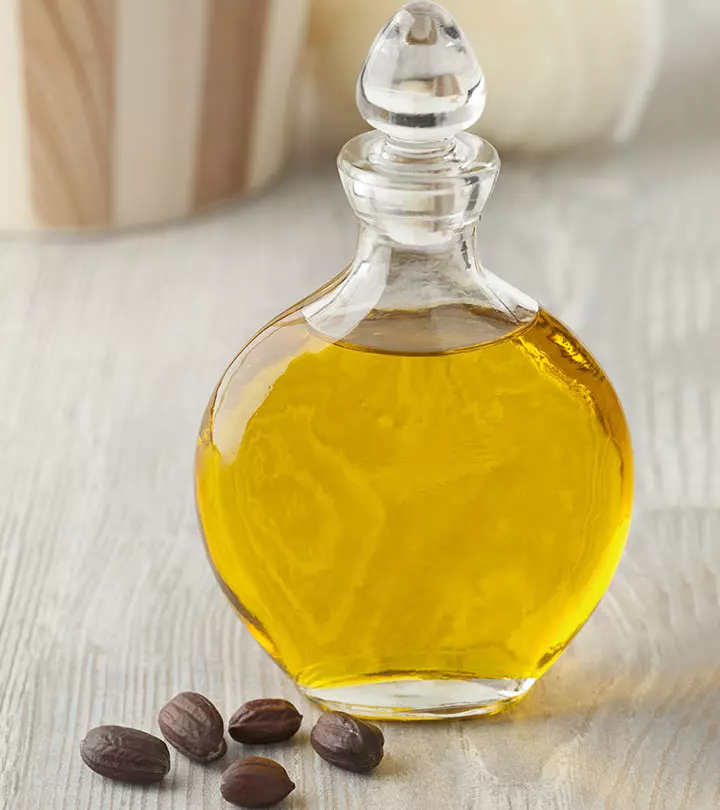
Image: Shutterstock
The benefits of jojoba oil make it a good alternative to your regular hair oil. Jojoba (Simmondsia chinensis) oil is pressed from the seeds of the jojoba shrubs that mainly grow in the southern Arizona and California regions and Mexico’s northwestern part. Since jojoba oil can retain moisture without clogging pores, it is widely used as a moisturizing agent in skincare products.
It can reduce early signs of aging and boost hair and skin health. Additionally, it serves as a lip balm, makeup remover, and eyelash conditioner.
Although jojoba oil has been used for traditional medicinal purposes for a long time, only limited scientific evidence supports its benefits. Jojoba oil is at the core of several patents, which explore its varieties of benefits. This article discusses the benefits of jojoba oil, its nutritional profile, and any potential side effects. Take a look.
 Know Your Ingredient: Jojoba oil
Know Your Ingredient: Jojoba oilWhat Is It?
A type of oil extracted from the seeds of the Simmondsia Chinensis or jojoba plant.
What Are Its Benefits?
Moisturizes skin and hair and prevents inflammatory conditions and infections. May treat acne, psoriasis, reduce fine lines, prevent Alopecia, and boost hair growth.
Who Can Use It?
Safe for all skin and hair types. However, a patch test is recommended.
How Often?
Can be included in one’s regular hair and skin care routine.
Caution
Rare chances of allergic reaction leading to an itchy rash, redness, and inflammation .
In This Article
What Is Jojoba Oil?
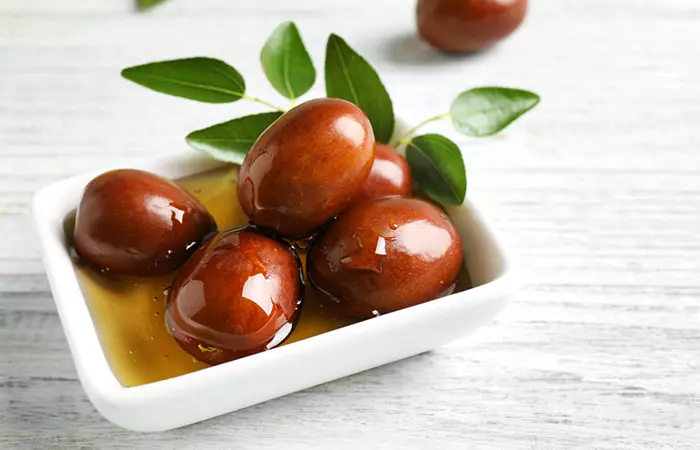
As discussed, jojoba oil is extracted from the nut of the jojoba plant. The oil has a slightly nutty aroma. It contains some powerful fatty acids, including oleic, stearic, and palmitic acids (1). The seeds are edible and are often used to extract cooking oil.
The oil has other commercial uses as well. It is used as a fungicide to control mildew. It also is used as a replacement for whale oil and its derivatives (such as cetyl alcohol) as it is a liquid wax (2). In the following section, we have discussed the benefits of jojoba oil pertaining to skin and hair health.
 Trivia
TriviaKey Takeaways
- Jojoba oil is a common moisturizing ingredient in skincare products.
- Some individuals may have an allergic reaction to the oil and experience rashes on the body.
- It can aid in reducing hair dryness and supporting scalp health, which in return can increase hair growth.
- Jojoba oil may help in wound healing and reducing acne marks.
Top 11 Benefits Of Jojoba Oil For Skin And Hair
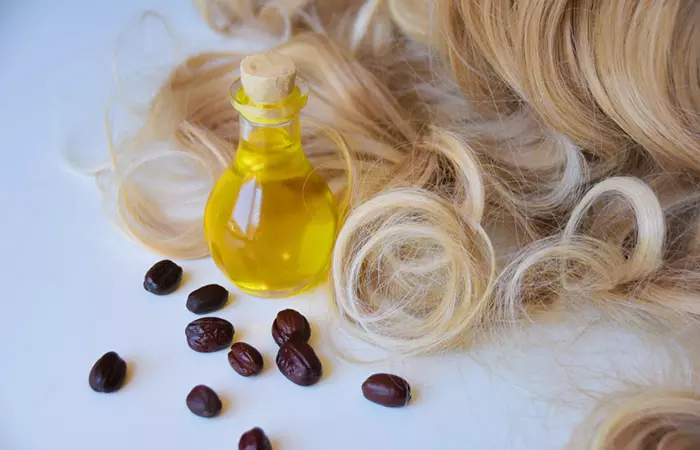
The moisturizing and anti-inflammatory properties of jojoba oil make it a good potential treatment for most common skin and hair issues. Using the oil is simple – a few drops can go a long way in treating acne, dry skin, and fungal infections. Jojoba oil may also boost hair health and appearance.
1. May Help Treat Acne
Jojoba oil is a very common ingredient in various skin care products. Studies show the anti-inflammatory properties of the oil (3). It contains wax esters that could aid wound healing and potentially help in acne treatment (3).
A German study showed the healing properties of face masks containing jojoba oil. These clay facial masks were part of a cosmetic procedure and could treat lesioned skin and mild acne (4).
Jojoba oil is non-comedogenic as well, i.e., it doesn’t block pores (5). It is very gentle on the skin and is hypoallergenic. Therefore, using jojoba oil for acne is suggested as it is a good alternative for people with sensitive skin prone to allergies and breakouts.
2. Can Moisturize Your Skin
Jojoba oil is often used in skin moisturizers. The oil can help maintain the skin’s outer layer of keratin. As an emollient, it helps keep the skin supple (6). The oil moisturizes your skin without clogging the pores.
The composition of the oil is similar to the natural oils present in our skin. Hence, it stops excess oil production while providing hydration to the skin. This makes the oil safe for all skin types (especially oily skin).
The oil is an important ingredient in most skin moisturizers as well (6). Using it is simple. After cleansing and toning your face, pour 5 to 6 drops of the oil on your palm and spread onto your face in circular motions.
Jojoba oil may also help in treating rosacea. Although no concrete research exists to support this statement, it is safe to assume that the anti-inflammatory and moisturizing properties of jojoba oil can help treat the condition. Check with your doctor before you use the oil for this purpose.
3. May Promote Hair Growth
Anecdotal evidence suggests that you can use jojoba oil for hair growth. Its conditioning properties may keep your hair healthy and aid hair development.
You can add jojoba oil to your hair conditioner for soft, frizz-free hair. This can give you added protection against hair dryness and split ends.
The moisturizing properties of jojoba oil also treat scalp dryness and dandruff. The vitamin E in the oil is good for your hair and scalp health (7).
There is no concrete evidence to show that jojoba oil strengthens hair. However, the oil moisturizes hair follicles, and this may prevent dryness that may otherwise lead to hair loss. In fact, many patents of shampoos include jojoba oil (or its wax) as one of their important ingredients (8).
A study used jojoba oil along with other essential oils as a part of aromatherapy in the treatment for alopecia (baldness) (3). This is not backed by research yet. Hence, we recommend not to rely solely on the oil for treating or preventing baldness. Please check with your doctor. Jojoba oil contains important fatty acids that could render it healing properties.
4. May Help Delay Aging
The composition of the oil consists of long monosaturated esters. These give the oil its humectant properties. The moisturizing and anti-inflammatory properties of jojoba oil may also help delay aging signs. These help treat a variety of skin infections and wounds and may help promote anti-aging of the skin (9).
Jojoba oil has a similar texture as human sebum and may help fight the early signs of aging, including fine lines and wrinkles (10). More research is warranted in this aspect, however.
Dry skin is another serious concern that develops with age. The moisturizing properties of the oil may play a preventive role here. The biggest benefit of jojoba oil with respect to aging is its ability to improve collagen synthesis (11). This process improves skin integrity and structure and also helps heal wounds quickly. Studies have shown that jojoba oil can also help provide eczema relief as it can treat extreme skin dryness (12).
5. Can Help Soothe Psoriasis
A study showed that jojoba oil may help reduce the irritation caused by tazarotene in patients with psoriasisi A chronic skin condition that causes itchy, dry, and inflamed rashes on the knees, elbows, and scalp. . It also increased the skin deposition of tazarotene (a compound commercially used in psoriasis treatment) (13).
The ability of jojoba oil to penetrate deep into the skin is useful as it helps in increasing the efficacy of the compound. This is why jojoba oil is an excellent carrier oil and is used extensively in aromatherapy (9).
6. Can Help Remove Makeup
Jojoba oil does not clog makes. Hence, it is a better alternative to coconut oil when it comes to removing makeup. The gentle, moisturizing, and soothing nature of the oil removes the grime and dirt without stripping the face of its natural oils. The composition of the oil is closer to natural human skin sebum. This helps replenish the oil balance in the skin (3).
7. Can Thicken Eyelashes And Act As A Lip Balm
Jojoba oil is gentle and can be used around your eye area without any qualms. There are a few formulations that use jojoba oil in mascara compositions and to condition eyelashes (14).
Rub a dash of the oil over your eyelashes using your fingertips. You may use a cotton swab for this purpose. You can use the procedure to thicken your eyebrows too.
Anecdotal evidence suggests the use of jojoba oil for treating chapped lips. The oil, however, is well absorbed into the skin and is resistant to evaporation (unlike most other chemically-enhanced products) (15). Jojoba oil also may work wonders as a lip balm. It may treat chapped lips and leave them feeling soft and supple.
Note: There is no research suggesting that these methods work. These uses are based on anecdotal evidence.
8. May Treat Fungal Infections
Jojoba oil was found to exhibit antifungal activities against various pathogensi Unicellular and multicellular organisms like bacteria, fungi, worms, and viruses that cause infectious diseases in their hosts. . In studies, jojoba oil had shown effective action against certain fungal species and certain bacterial strains, including Salmonella typhimurium and E. Coli (16).
Dermatological research also suggests that jojoba oil may help relieve the inflammation associated with fungal infections (17). Though there is no direct research, you can use jojoba oil to treat nail or foot fungus. Apply a few drops over the affected area two to three times every day.
9. May Help Treat Cradle Cap
Cradle cap is the formation of crusty and yellowish scales on a baby’s scalp. This is caused due to lack of sebum regulation leading to excess production of sebum. There is no research supporting that jojoba oil can treat cradle cap. However, its moisturizing properties and resemblance to human sebum may help relieve the symptoms (18). But check with your child’s doctor before using jojoba oil on their skin.
10. May Be Used In Nail Care And Grooming
Jojoba oil’s hydrating properties may soften the cuticles and be used to care for your nails. The anti-microbial compounds in the oil may also prevent potential nail infections. However, direct research is limited in this regard.
11. May Help Soothe Sunburn
Jojoba oil can be a soothing remedy for sunburn. This oil is rich in polyphenols, flavonoids, and alkaloids that may have potent healing properties. Traditionally, jojoba oil has been used in folk remedies to treat the redness caused by sunburn due to its skin-soothing and moisturizing qualities. Its effectiveness extends to skin barrier repair and wound healing. Research also suggests that it may help in reducing pain and inflammation. Furthermore, jojoba oil is renowned for minimal toxicity and side effects, thus reinforcing its reputation as a natural solution for sunburns (19), (20). Ensure that you conduct a patch test before using it.
In the following section, we will look at the composition of jojoba oil.
What Is The Composition Of Jojoba Oil?
The most abundant fatty acids in jojoba oil include oleic, palmitic, and stearic acids (1). It also contains crude protein, crude fiber, and limiting amino acids, namelylysinei An essential amino acid that is not produced in the body and can help with calcium absorption and collagen formation. , methioninei An amino acid found in dairy products, meat, and fish that boosts collagen production and prevents hair loss. , andisoleucinei An essential amino acid needed for growth, protein and fatty acid metabolism, immunity, cell renewal, and glucose transportation. (21).
 Fun Fact
Fun FactWant to know how to use jojoba oil for skin and hair? In the upcoming section, we have discussed the ways you can do that.
How To Use Jojoba Oil
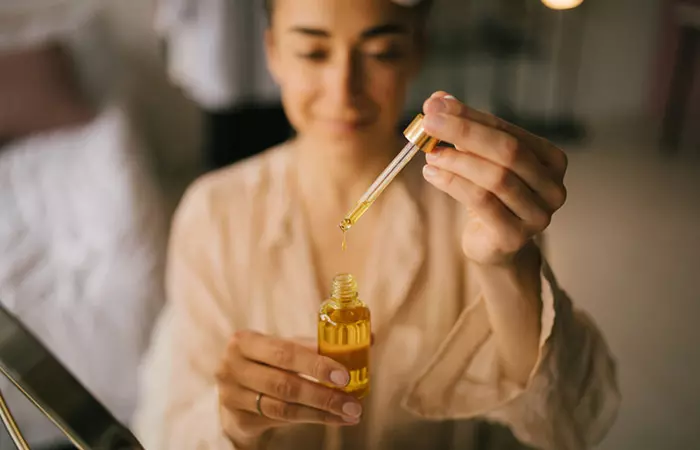
This oil is gentle enough to be used as a carrier oil. You can also use the oil alone. At room temperature, the shelf life of jojoba oil is about two years.
- How To Use Jojoba Oil On Your Face For Acne
Some anecdotal evidence suggests the use of jojoba oil along with bentonite clay to treat acne. Since actual evidence of this method is lacking, we suggest you check with your doctor before proceeding.
You may mix equal parts of jojoba oil and bentonite clay. Once you have achieved a smooth consistency, apply it to your face and neck. Leave it on for 10 to 15 minutes and then wash it off with normal water. You can follow this method two to three times a week. Your skin might look red for a while after you wash the clay off. Hence, do this at night before you go to sleep.
- How To Use Jojoba Oil On Your Hair
You can use jojoba oil as an overnight leave-in treatment or for a hot oil massage to prevent hair loss and nourish your scalp. Wash your hair as usual.
Arantha, a blogger, and her friend Paula used jojoba oil along with coconut oil and a few drops of essential oil to prepare a hot oil hair treatment. She writes, “My hair is super dry so I saturated my entire head, from my scalp to my ends.” Arantha kept the oil in her hair for an hour before shampooing and conditioning, and advised to even shampoo twice to ensure no residue. Impressed with the results, she adds, “My hair was so shiny after and sooooooo soft (i)!”
- How To Use Jojoba Oil As A Makeup Remover
Using the oil to remove makeup is simple. Add a few drops of jojoba oil to a damp cotton ball and rub over your makeup-laden skin. You may use multiple cotton balls if you have a lot of makeup on. You can repeat the procedure using a cotton swab to remove makeup from your lash lines.
Once you are done removing all traces of makeup, rinse your face with water. You can wipe your face with a clean cloth and then apply a few drops of jojoba oil to your face.
- How To Use Jojoba Oil As A Lip Balm
Dabbing a bit of the oil on your lips before you get started with your makeup routine will do the trick.
 Trivia
TriviaUsing jojoba oil is simple. However, it is important to procure good quality jojoba oil.
How To Choose Good Quality Jojoba Oil
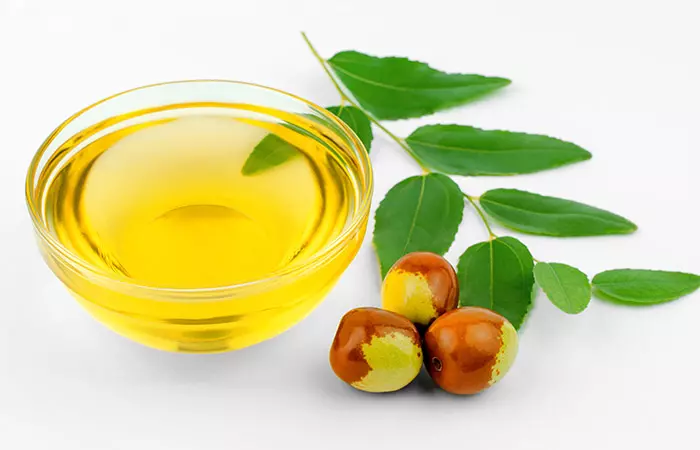
Identifying the right jojoba oil is simple. Go for 100% organic jojoba oil. Ensure it is cold-pressed (this means the oil hasn’t lost any of its beneficial properties). The oil must also be 100% pure. Do not pick oil that is mixed with other oils or is refined.
You can buy your bottle of jojoba oil either at your nearest supermarket or health store or online at Amazon. You can start using it right away, but with certain precautions in mind.
Potential Side Effects And Risks Of Using Jojoba Oil
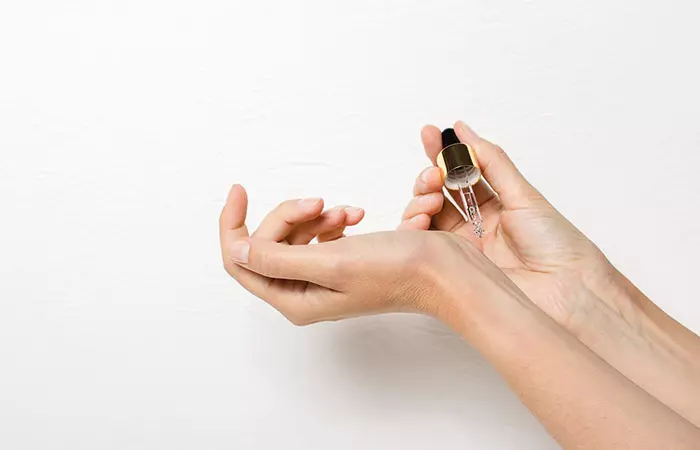
Though jojoba oil is safe, it may cause reactions in certain individuals. Some people may experience allergic reactions, such as skin irritation, redness, or itching. Hence, it is important you do a patch test before using the oil.
The most important precaution you must take is not to ingest the oil. Jojoba oil contains erucic acid, a toxin that may increase the risk of heart disease (22). Topical application may cause minor allergies (like rashes) in some people (23).
Doing a patch test can help avoid these. Apply 3 to 4 drops of jojoba oil to your inner forearm. Cover the area with a band-aid and wait for a day (24 hours). Remove the band-aid and check the skin underneath. If you find no signs of allergy, you are good to go. If you experience any adverse reactions, stop using the oil immediately and consult a healthcare professional.
Infographic: Jojoba Oil Fun Facts
The article discusses the several ways in which jojoba oil benefits your skin and hair. But there are some fun facts about jojoba oil that may surprise you as well. Check out the infographic below to see how many you know already and what more you can learn about this highly popular oil. Illustration: StyleCraze Design Team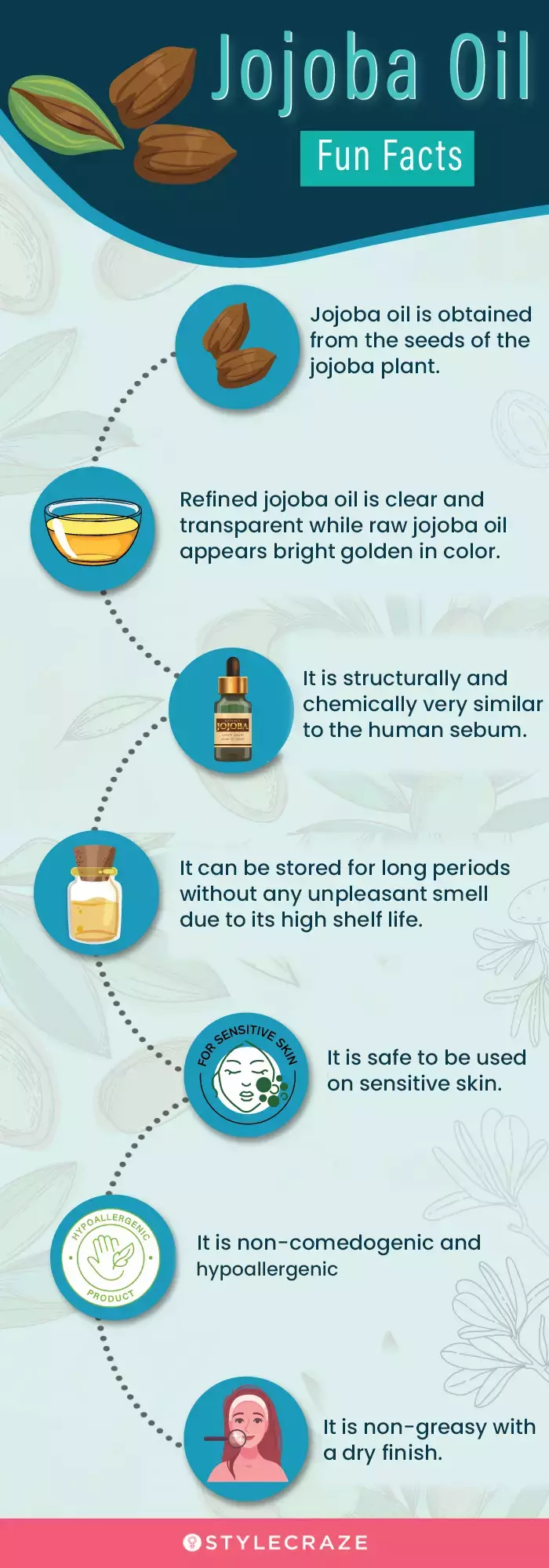
Jojoba oil is the best and most versatile alternative to your regular oil. It has several healing properties that help treat many skin and hair conditions. Jojoba oil’s benefits can be attributed to its moisturizing, antibacterial, and antioxidant properties. It may help treat acne, moisturize the skin, promote hair growth, delay aging, provide psoriasis relief, treat fungal infections, remove makeup, and thicken eyelashes. However, topical application of this oil may cause allergies in some people. Hence, perform a patch test before using it on your skin or hair. Regular use can help you achieve great skin and hair health.
Frequently Asked Questions
Can I leave jojoba oil on my face overnight?
Since jojoba oil is non-comedogenic, it is safe to be left on the face overnight. It will help in skin rejuvenation.
Can I leave jojoba oil in my hair overnight?
Yes, jojoba oil can be left in your hair overnight. It can condition your hair.
Can I use jojoba oil on my face every day?
The molecular structure of jojoba oil is quite similar to the natural oils produced by our skin. Hence, jojoba oil can be used on your face every day.
How often should I use jojoba oil on my face?
It depends on various factors, including skin type, age, and climatic conditions. The oil is very gentle on the skin and hence, it can be used whenever the skin needs some nourishing treatment.
Is jojoba oil better than argan oil?
While jojoba oil is better for the skin, argan oil could be a better option for hair. The suitability of these oils also depends on the skin/hair type and other factors.
Can I leave jojoba oil on my scalp?
Yes, leaving jojoba oil on the scalp will soften the scalp and help in combating dryness.
Do you put jojoba oil on wet or dry hair?
You can apply jojoba oil to either wet or dry hair. It helps you achieve smooth, frizz-free hair.
Which is better for hair – jojoba oil or coconut oil?
This depends on the hair type. Check with a hair care expert.
Can jojoba oil eliminate dark circles?
As jojoba oil is similar to sebum, it may facilitate natural healing and cell rejuvenation. This may reduce the appearance of wrinkles, dark circles, and age spots. However, concrete research is lacking in this aspect.
Does jojoba oil expire?
Jojoba oil has a long shelf life. It may last for at least 2 years if refrigerated. However, exposure to air, light, and heat may shorten its lifespan.
Illustration: Benefits Of Jojoba Oil For Skin And Hair & Side Effects
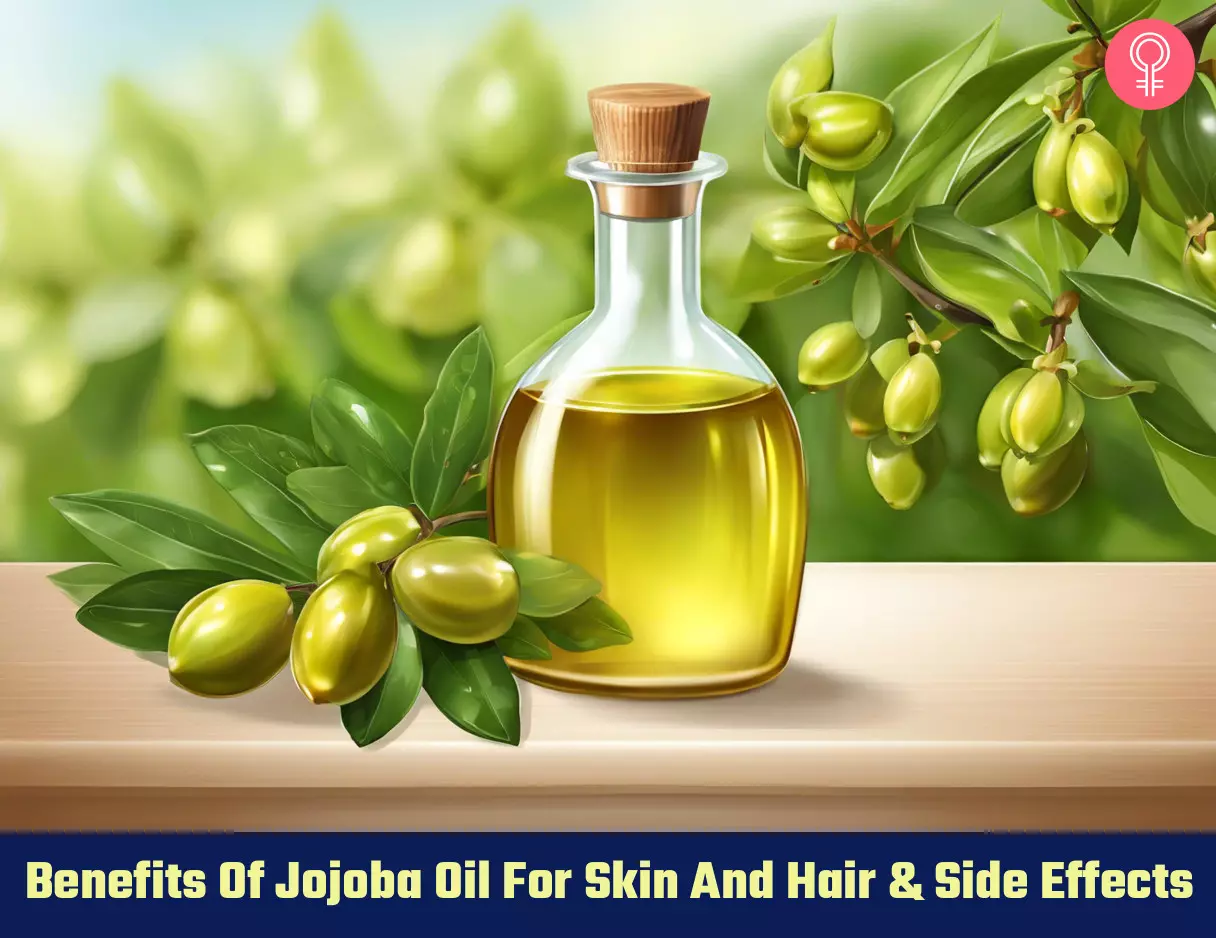
Image: Stable Diffusion/StyleCraze Design Team
References
Articles on StyleCraze are backed by verified information from peer-reviewed and academic research papers, reputed organizations, research institutions, and medical associations to ensure accuracy and relevance. Read our editorial policy to learn more.
- Lin, Tzu-Kai, Lily Zhong, and Juan Luis Santiago. “Anti-inflammatory and skin barrier repair effects of topical application of some plant oils.” International journal of molecular sciences19.1 (2018): 70.
https://www.ncbi.nlm.nih.gov/pmc/articles/PMC5796020/ - Soudant, Etienne, et al. “Jojoba extract useful in improving skin barrier functions.” U.S. Patent No. 9,949,918. 24 Apr. 2018.
https://patents.google.com/patent/US9949918B2/en - Pazyar, N., et al. “Jojoba in dermatology: a succinct review.” Giornale italiano di dermatologia e venereologia: organo ufficiale, Societa italiana di dermatologia e sifilografia148.6 (2013): 687-691.
https://pubmed.ncbi.nlm.nih.gov/24442052/ - Meier, Larissa, et al. “Clay jojoba oil facial mask for lesioned skin and mild acne–results of a prospective, observational pilot study.” Complementary Medicine Research19.2 (2012): 75-79.
https://pubmed.ncbi.nlm.nih.gov/22585103/ - Shaker M A, Amany M B. Jojoba oil: Anew media for frying process. Curr Trends Biomedical Eng & Biosci. 2018; 17(1): 555952.
https://juniperpublishers.com/ctbeb/pdf/CTBEB.MS.ID.555952.pdf - Arquette, Demetrios James G., Jim Brown, and John Reinhardt. “Dry emollient composition composing mono-unsaturated jojoba esters.” U.S. Patent No. 6,432,428. 13 Aug. 2002.
https://patents.google.com/patent/US6432428B1/en - Rowe, Peter SN, et al. “Compounds and methods for increasing hair growth.” U.S. Patent No. 10,213,479. 26 Feb. 2019.
https://patents.google.com/patent/US10213479B2/en - United States Patent: 8343470
http://patft.uspto.gov/netacgi/nph-Parser?Sect1=PTO1&Sect2=HITOFF&p=1&u=/netahtml/PTO/srchnum.html&r=1&f=G&l=50&d=PALL&s1=8343470.PN. - Hay, Isabelle C., Margaret Jamieson, and Anthony D. Ormerod. “Randomized trial of aromatherapy: successful treatment for alopecia areata.” Archives of dermatology134.11 (1998): 1349-1352.
https://pubmed.ncbi.nlm.nih.gov/9828867/ - Brown, James S., et al. “Human sebum mimetics derived from botanical sources and methods for making the same.” U.S. Patent No. 9,289,373. 22 Mar. 2016.
https://patents.google.com/patent/USRE44718E1/en - Ranzato, Elia, Simona Martinotti, and Bruno Burlando. “Wound healing properties of jojoba liquid wax: an in vitro study.” Journal of ethnopharmacology134.2 (2011): 443-449.
https://pubmed.ncbi.nlm.nih.gov/21211559/ - Gad HA, Roberts A, Hamzi SH, et al. Jojoba Oil: An Updated Comprehensive Review on Chemistry, Pharmaceutical Uses, and Toxicity. Polymers (Basel). 2021
https://pubmed.ncbi.nlm.nih.gov/16842559/ - Nasr, Maha, et al. “Jojoba oil soft colloidal nanocarrier of a synthetic retinoid: preparation, characterization and clinical efficacy in psoriatic patients.” Current drug delivery14.3 (2017): 426-432.
https://pubmed.ncbi.nlm.nih.gov/27174314/ - Dumousseaux, Christophe, and Carole Le Merrer. “Eyelash makeup composition and conditioning kit.” U.S. Patent Application No. 12/567,971.
https://patents.google.com/patent/US20100119467A1/en - Calello, Joseph Frank, et al. “Method for treating chapped lips.” U.S. Patent No. 6,086,859. 11 Jul. 2000.
https://patents.google.com/patent/US6086859A/en - Al-Obaidi, Jameel R., et al. “A review on plant importance, biotechnological aspects, and cultivation challenges of jojoba plant.” Biological research50 (2017).
https://www.ncbi.nlm.nih.gov/pmc/articles/PMC5571488/ - Shahin, Mostafa, et al. “Novel jojoba oil-based emulsion gel formulations for clotrimazole delivery.” Aaps Pharmscitech12.1 (2011): 239-247.
https://www.ncbi.nlm.nih.gov/pmc/articles/PMC3066381/ - Richard, Wanda, Rebecca Whipple, and Richard Jentis. “Method of and kit for mitigating cradle cap.” U.S. Patent Application No. 10/667,214.
https://patents.google.com/patent/US20040086477A1/en - Guoli Zhang et al “Inhalable Jojoba Oil Dry Nanoemulsion Powders for the Treatment of Lipopolysaccharide- or H2O2-Induced Acute Lung Injury. Pharmaceutics. 2021 Apr 2;13(4):486.
https://www.ncbi.nlm.nih.gov/pmc/articles/PMC8065502/ - Heba A. Gad et al. “Jojoba Oil: An Updated Comprehensive Review on Chemistry, Pharmaceutical Uses, and Toxicity” Polymers. 13(11): 1711.
https://www.ncbi.nlm.nih.gov/pmc/articles/PMC8197201/ - Perez-Gil, F., et al. “Chemical composition and content of antiphysiological factors of jojoba (Simmondsia chinensis) residual meal.” Archivos latinoamericanos de Nutricion39.4 (1989): 591-600.
https://pubmed.ncbi.nlm.nih.gov/2490896/ - Alexander, J., et al. “Erucic acid in feed and food.” EFSA J14.11 (2016): 4593.
https://efsa.onlinelibrary.wiley.com/doi/full/10.2903/j.efsa.2016.4593 - Di Berardino, L., et al. “A case of contact dermatitis from jojoba.” Contact dermatitis55.1 (2006): 57-58.
https://pubmed.ncbi.nlm.nih.gov/16842559/
Read full bio of Dr. Jeanny Kim
Read full bio of Ravi Teja Tadimalla
Read full bio of Arshiya Syeda
Read full bio of Aparna Mallampalli







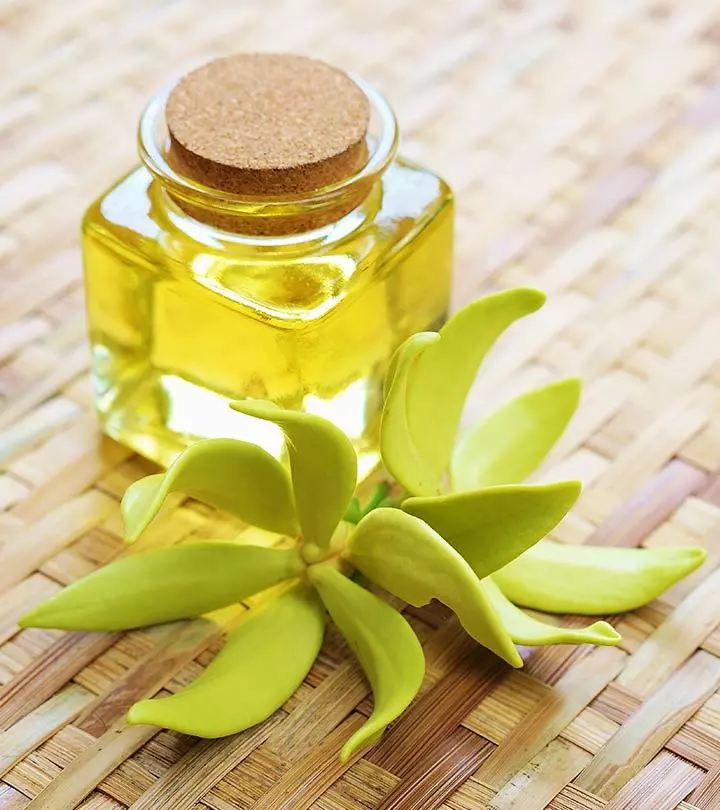
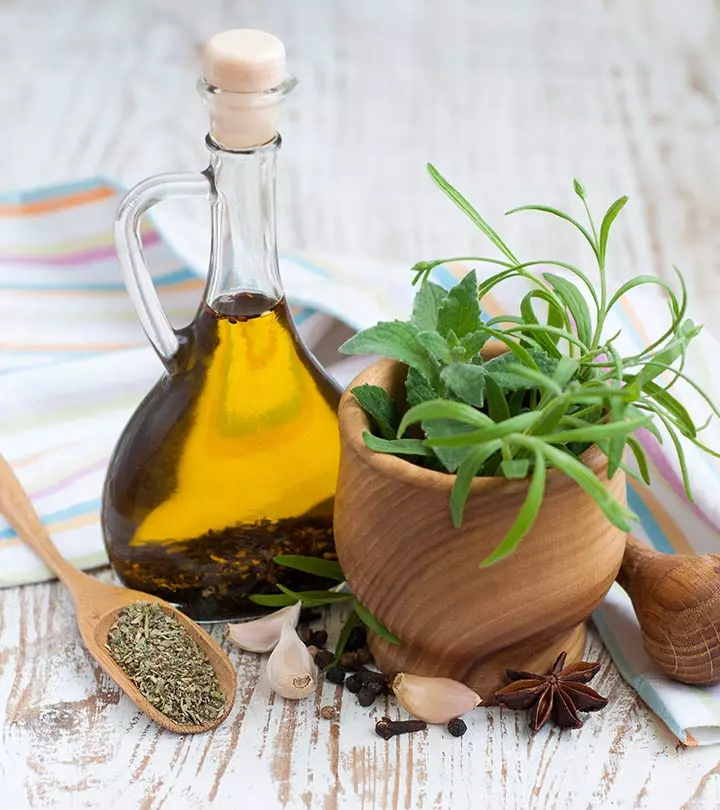
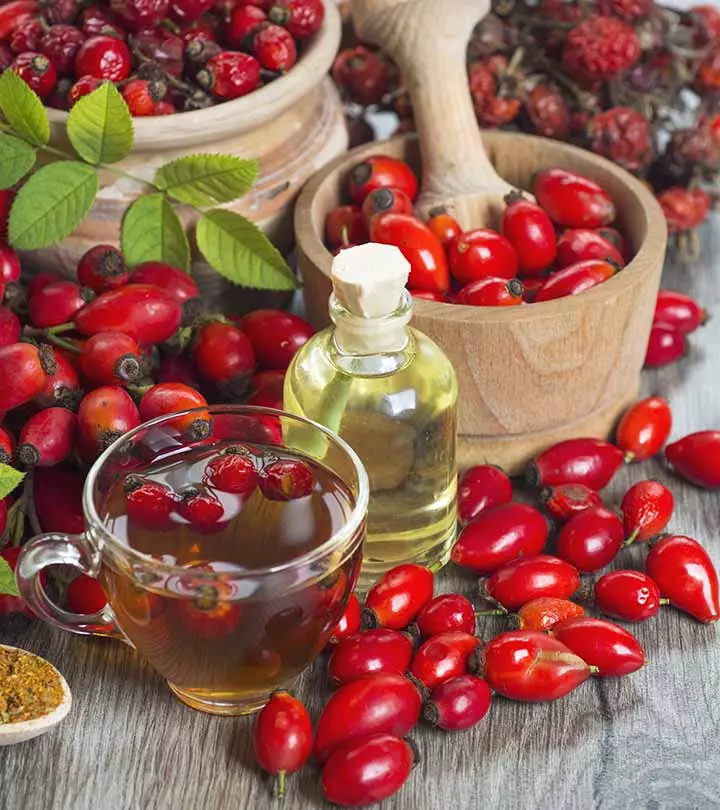
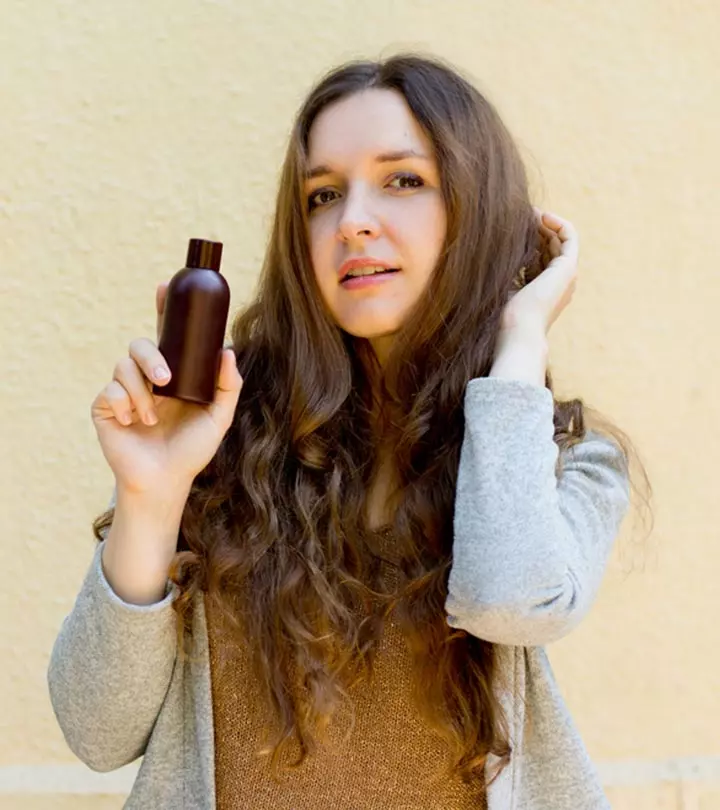
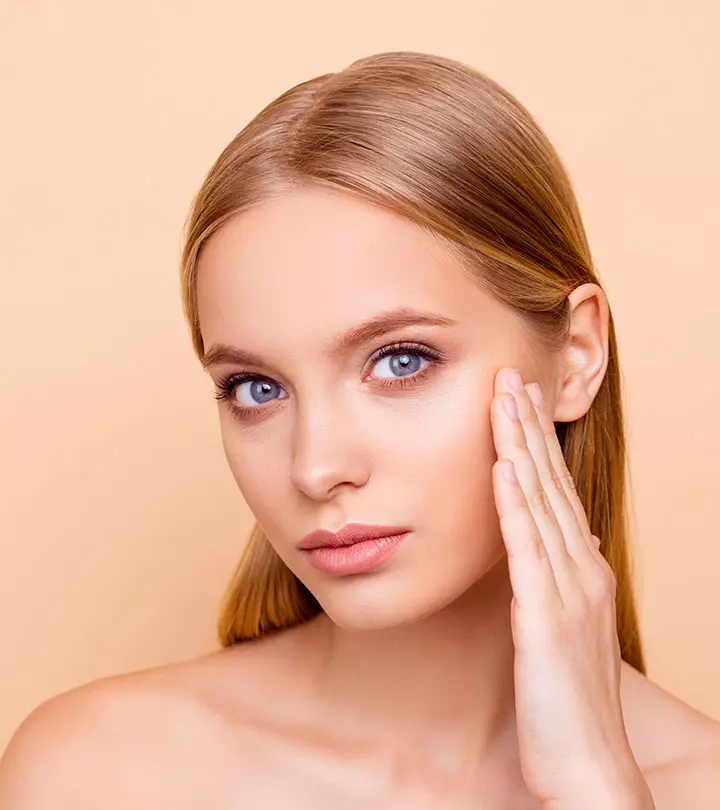
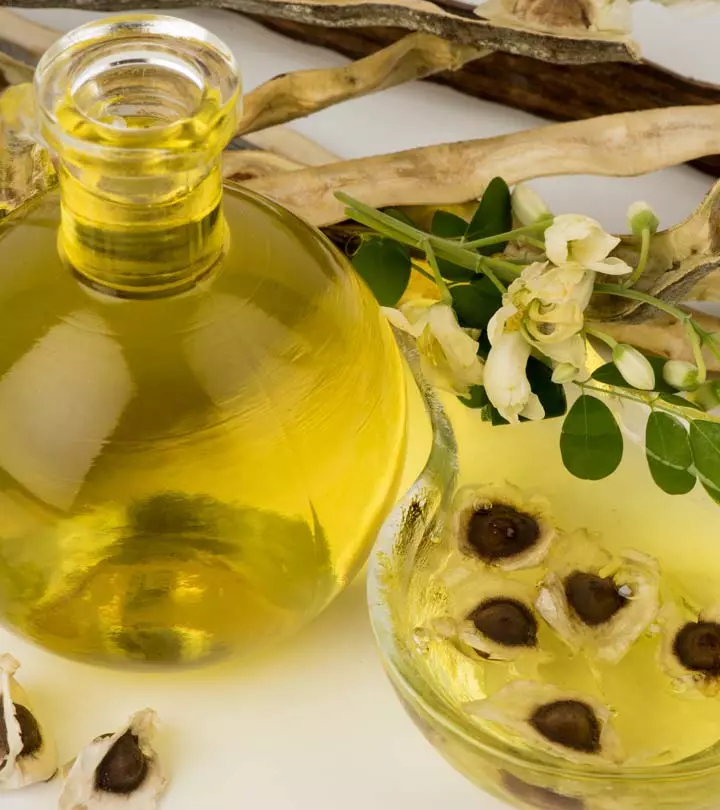
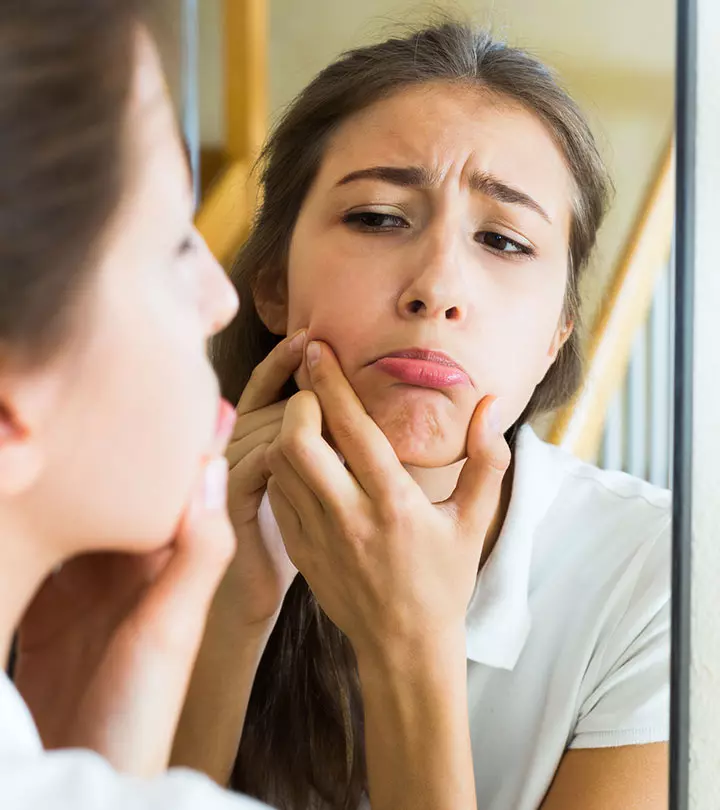
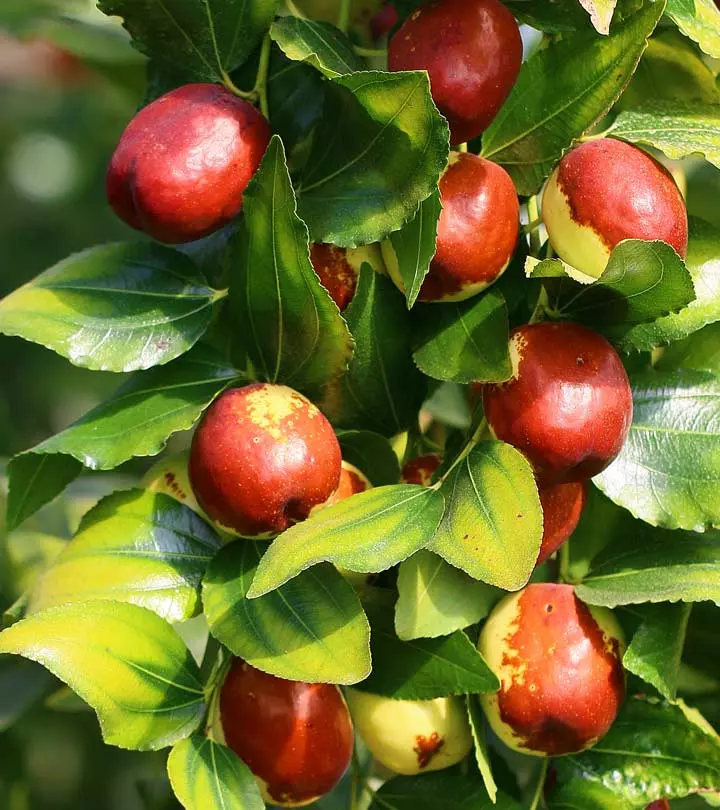
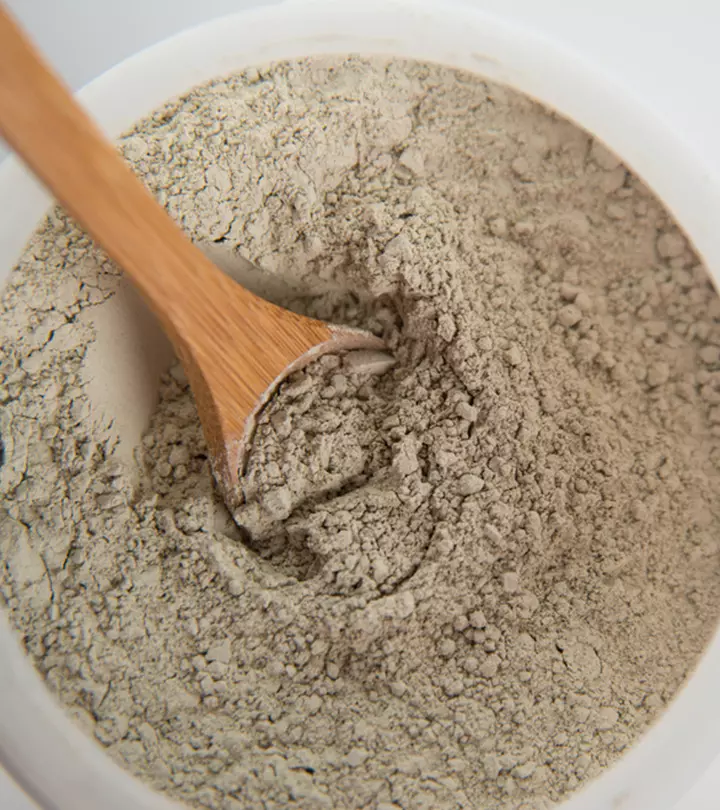
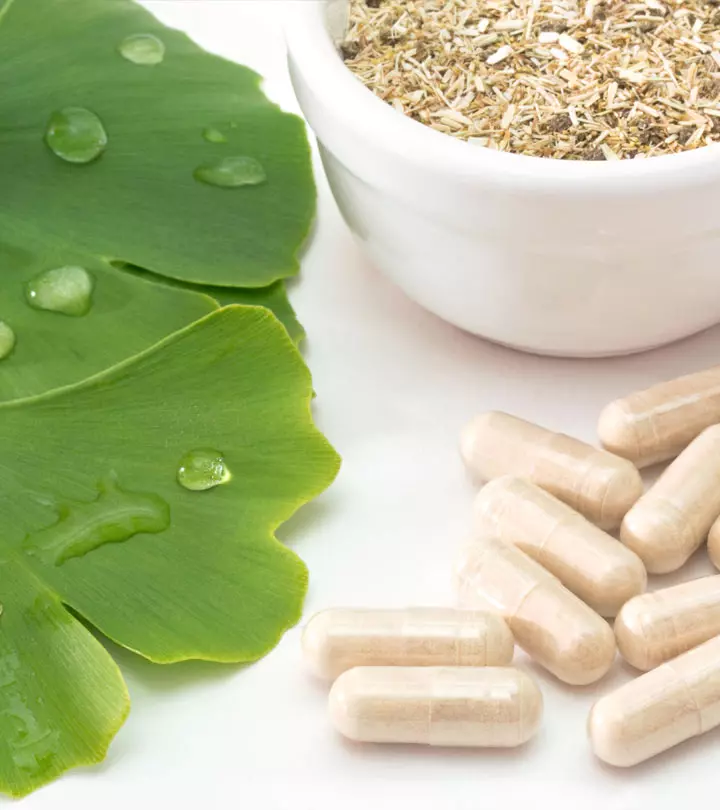
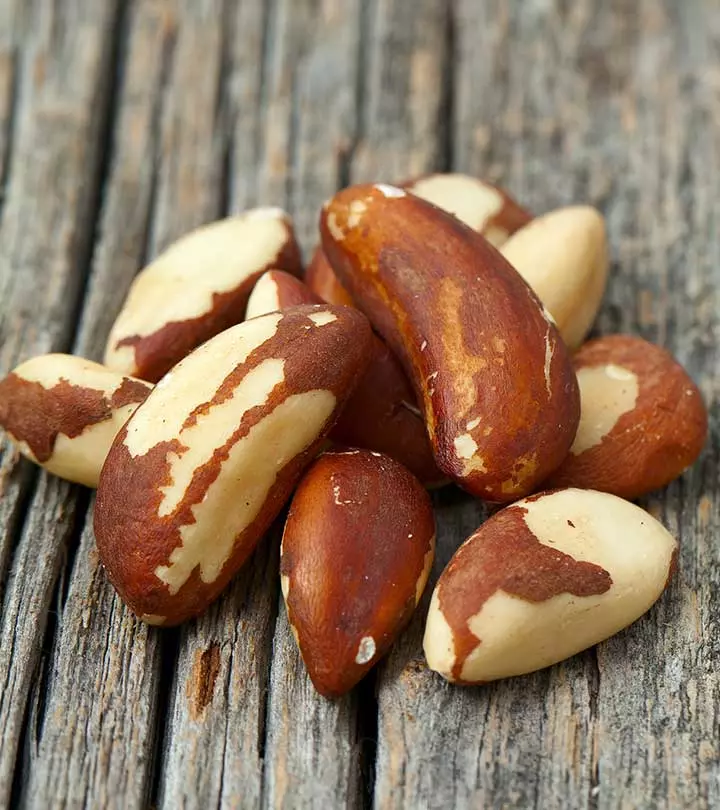



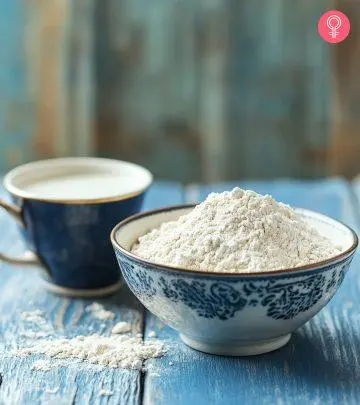

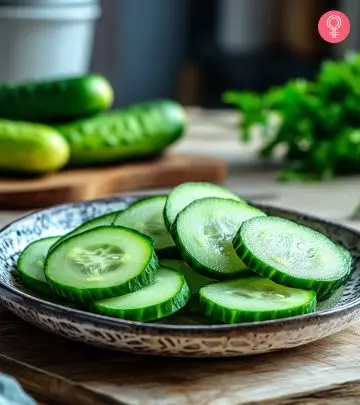

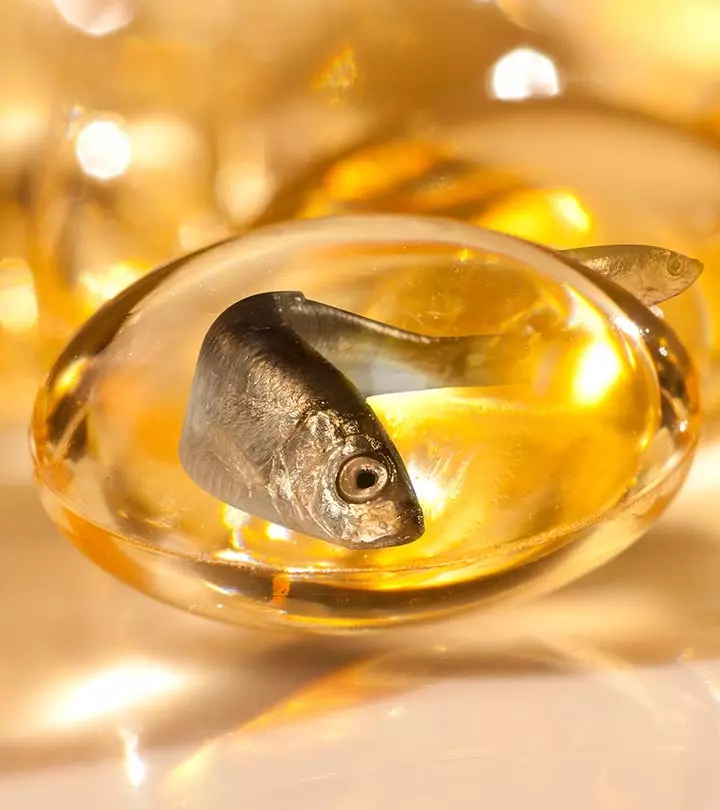
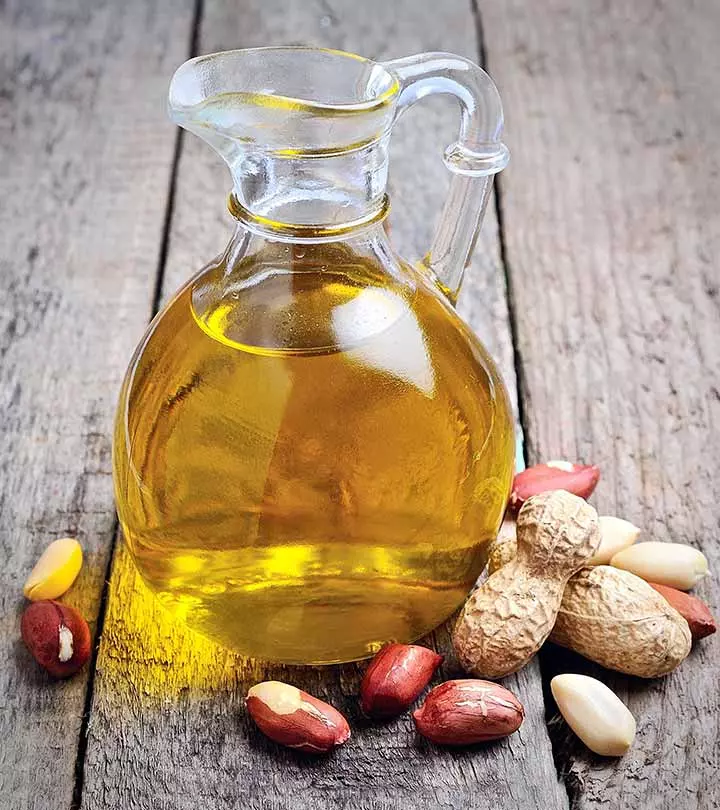

Community Experiences
Join the conversation and become a part of our empowering community! Share your stories, experiences, and insights to connect with other beauty, lifestyle, and health enthusiasts.